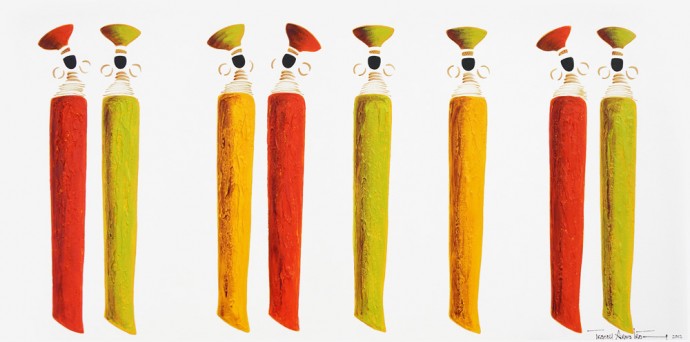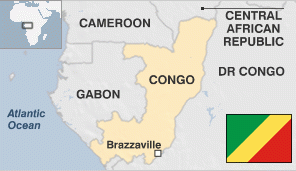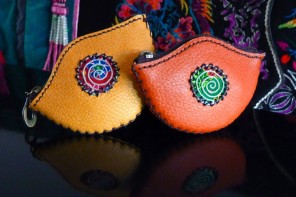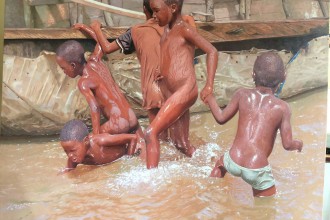Itsekiri, Yoruba, Somali, Swahili, and millions of other heavy sounding dialects are spoken in Africa and trust me, the sound is no joke. With an unintended poetry, the words are coined from historical events, beliefs, religion and concepts that eludes English translation. So by default, African language selects its people and permits a healthy amount of well-meaning-Tribalism. Yes! Allow me finish!!! I was actually going to begin this article by saying “communication skill was invented in Africa” but I decided to wash the apples first.
Way way back in Egypt, in the earliest of ages, Communication had an interesting start: images, symbols and markings were written in walls, scrolls and stones as the most up-to-date form of literature.
What inspired the symbols? And how easy was it to be translated? Of course the Greeks couldn’t understand these Obscurity. It was either madness or sacred; and since It was claimed to have some logic, it had to be sacred. They are called “Hieroglyph”. This word is coined from the Greek words “sacred”, ” message ” and “gulf”.
So languages were not just intended for he with the ability to communicate but also to select a target people or audience who can understand as the case also was for the people in ancient Benin, (present day Nigeria)
Before the intervention of the Portuguese, Brazilian and the British, messages embedded in casts of Golds and Bronzes alongside markings of sculptures and figurines.
So the art was not the idea, the message was. Like I said a few sentences ago, it selects it’s “people” from the people. The British were deprived of such as the African perceptive; they had no faith in Africa’s judgment in matters deeper than their understanding.
Read also : Young african photographer fights slut-shaming through is art
So they couldn’t ascribe any meaning to this “crafts” besides treasures and primitive artworks.
Who knows what information or message would have been in there; cure for malaria? Cure for aids? Impossible is nothing.
The poetry in the sentence “emi e to bo” a Yoruba expression for “he is dead” goes beyond the meaning. I’d put in my best to explain. You’re welcome!
“Emi e ti bo” (emi=spirit also means strength and breath) “e” closely translates to “has” then “bo” means “to drop off”. So the sentence could mean his strength has dropped off or his breathe or spirit has dropped off.
In Africa, everything is (and has) a story. From places to people where their names are like story-titles.
Like a female igbo[1] name, Obianuju. Obianuju literally means “safe journey” and the popular musician named Fela Anikulapo Kuti; it’s actually Afefela = king loves wealth; Anikulapo = he who keeps death in his pocket; Kuti = die hard.
So what’s your story? Does it have poetry? Are your words beautiful? Remember that man is only as credible as his words and words form sentences… The life sentence or the death sentence. The Theme is therefore ours to choose. Ok! I’d probably stop here before I start up a church.






